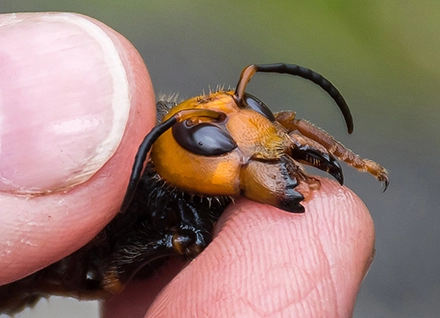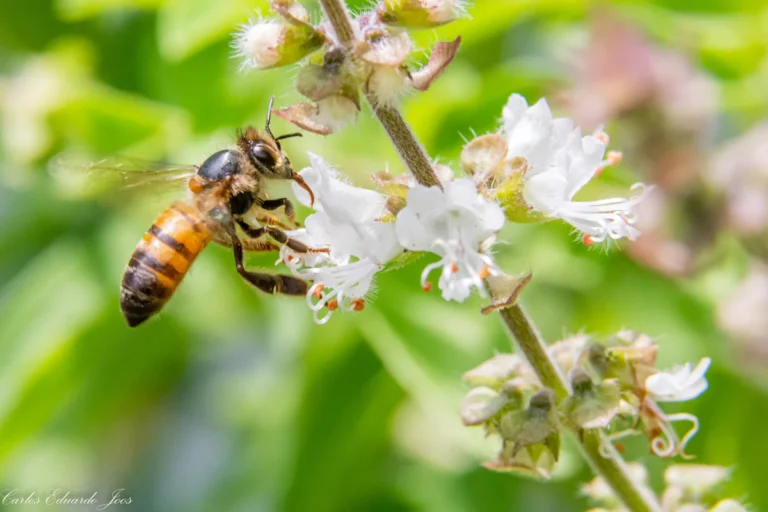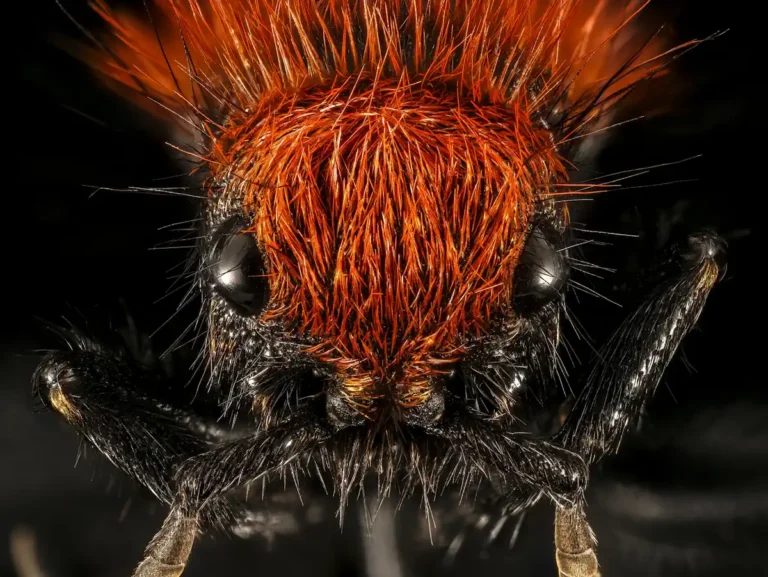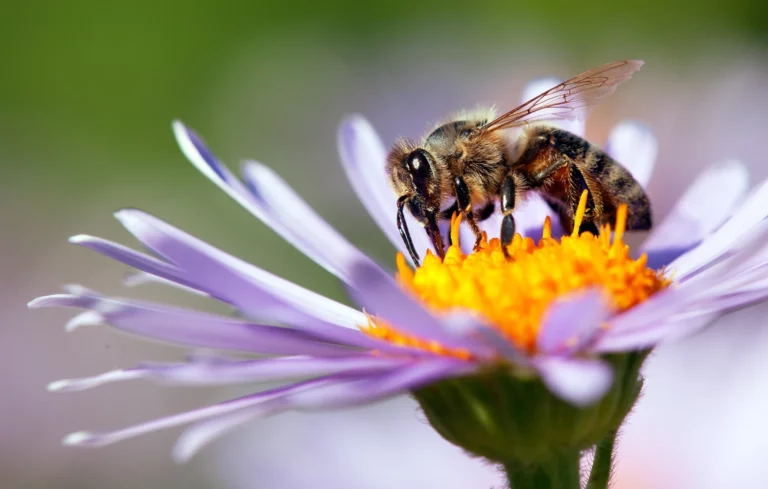Table of Contents
ToggleFlorida, with its warm climate, is a haven for a variety of insects, including wasps.
These creatures, while often feared, play a crucial role in our ecosystem.
However, the presence of wasps in Florida can also pose certain risks. From painful stings to potential allergic reactions, wasps can be a cause for concern.
This article aims to shed light on the different types of wasps in Florida. It will also delve into their behavior, the dangers they pose, and how to deal with them effectively.
Whether you’re a Florida resident or a visitor, this guide will equip you with the knowledge to coexist with these insects safely.
Stay tuned to learn more about the fascinating world of wasps in Florida.
Understanding Wasps in Florida
Wasps are a common sight in Florida. They are attracted to the state’s warm climate and abundant food sources.
Despite their reputation, wasps are not inherently aggressive. They usually only attack when they feel threatened.
Understanding wasps and their behavior can help us coexist with them. It can also help us mitigate the risks they pose.
Here are some key facts about wasps in Florida:
- They are most active during the warmer months.
- They feed on other insects, making them natural pest controllers.
- They build nests in sheltered areas, often around homes and buildings.
The Ecological Role of Wasps
Wasps play a vital role in Florida’s ecosystem. They help control the population of other insects, many of which are pests.
By preying on these pests, wasps contribute to the balance of our environment.
Common Types of Wasps in Florida
Florida is home to several types of wasps. The most common ones include paper wasps, yellow jackets, and hornets.
Paper wasps are known for their umbrella-shaped nests. Yellow jackets, on the other hand, are easily recognized by their bright yellow and black bodies.
Hornets, which are actually a type of wasp, are larger and more aggressive. They are known for their large, spherical nests.
Each of these wasp types has unique behaviors and characteristics. Understanding these can help us deal with them more effectively.
Recognizing the Risks
While wasps play a crucial role in our ecosystem, they can also pose risks. The primary risk associated with wasps is their sting.
A wasp sting can be painful and cause swelling. For some people, it can lead to severe allergic reactions.
Understanding these risks is the first step towards managing them effectively.
Wasp Sting Dangers and Allergic Reactions
A wasp sting injects venom into the skin. This causes a sharp, burning pain and a raised welt.
For most people, these symptoms subside within a few hours. However, some people may experience severe reactions.
These reactions can include difficulty breathing, hives, and rapid pulse. This is known as anaphylaxis, a life-threatening allergic reaction.
If you or someone else experiences these symptoms after a wasp sting, seek medical help immediately.
Preventing and Treating Wasp Stings
Preventing wasp stings involves avoiding contact with wasps. This can be achieved by not disturbing their nests and keeping food covered outdoors.
If you are stung by a wasp, the first step is to remove the stinger. Then, wash the area with soap and water.
Applying a cold pack can help reduce swelling. Over-the-counter pain relievers and antihistamines can also help manage symptoms.
When Wasps Become a Problem
Wasps are generally not aggressive unless provoked. However, they can become a problem when they build nests near human activity.
A large wasp population can disrupt outdoor activities. They can also pose a risk to those with allergies.
It’s important to know how to identify a wasp infestation and how to respond to it.
Signs of a Wasp Infestation
One of the most obvious signs of a wasp infestation is the presence of a nest. Wasp nests can be found in trees, under eaves, or in other sheltered areas.
Increased wasp activity in a particular area can also indicate a nearby nest. You may notice wasps entering and exiting a small hole, which could be a nest entrance.
If you suspect a wasp infestation, it’s important to proceed with caution.
Safe Removal and When to Call Professionals
If a wasp nest is small and not near human activity, it may not need to be removed. However, if the nest is large or in a high-traffic area, removal may be necessary.
Attempting to remove a wasp nest can be dangerous. Wasps can become aggressive when their nest is threatened.
For large or hard-to-reach nests, it’s best to call a professional pest control service. They have the training and equipment to remove wasp nests safely.
Living with Wasps: Prevention and Coexistence

While wasps can pose certain risks, they also play a crucial role in our ecosystem. It’s important to find a balance between safety and coexistence.
Prevention is key when it comes to living with wasps. This includes using repellents and making your environment less attractive to them.
Remember, wasps are a part of Florida’s biodiversity. With the right knowledge and precautions, we can live alongside them without conflict.
Natural and Chemical Repellents
There are several natural and chemical repellents that can deter wasps. Natural options include essential oils like peppermint and citronella.
Chemical repellents, on the other hand, often contain ingredients like permethrin. These can be effective but should be used with caution due to potential environmental impacts.
Always follow the manufacturer’s instructions when using any type of repellent.
Creating a Less Attractive Environment for Wasps
Wasps are attracted to food sources and potential nesting sites. By managing these factors, you can make your environment less appealing to them.
This includes properly sealing garbage cans and not leaving food out. It’s also helpful to regularly inspect your property for potential nesting sites.
Remember, prevention is the most effective way to manage wasps in Florida.
Professional Help for Wasp Control
If you’re dealing with a wasp problem in Florida, don’t take any risks. At On Demand Pest Control, we offer expert solutions to ensure your safety and peace of mind. Our professional team is equipped to handle wasp infestations efficiently and effectively, minimizing the risk of stings and allergic reactions.
Don’t let wasps disrupt your life. Contact On Demand Pest Control today for a free consultation and let us help you reclaim your space from these potentially dangerous pests. Reach out now and ensure a safer environment for you and your loved ones.
Contact Us
For more information on our wasp control services or to schedule an appointment, Contact Us today!




